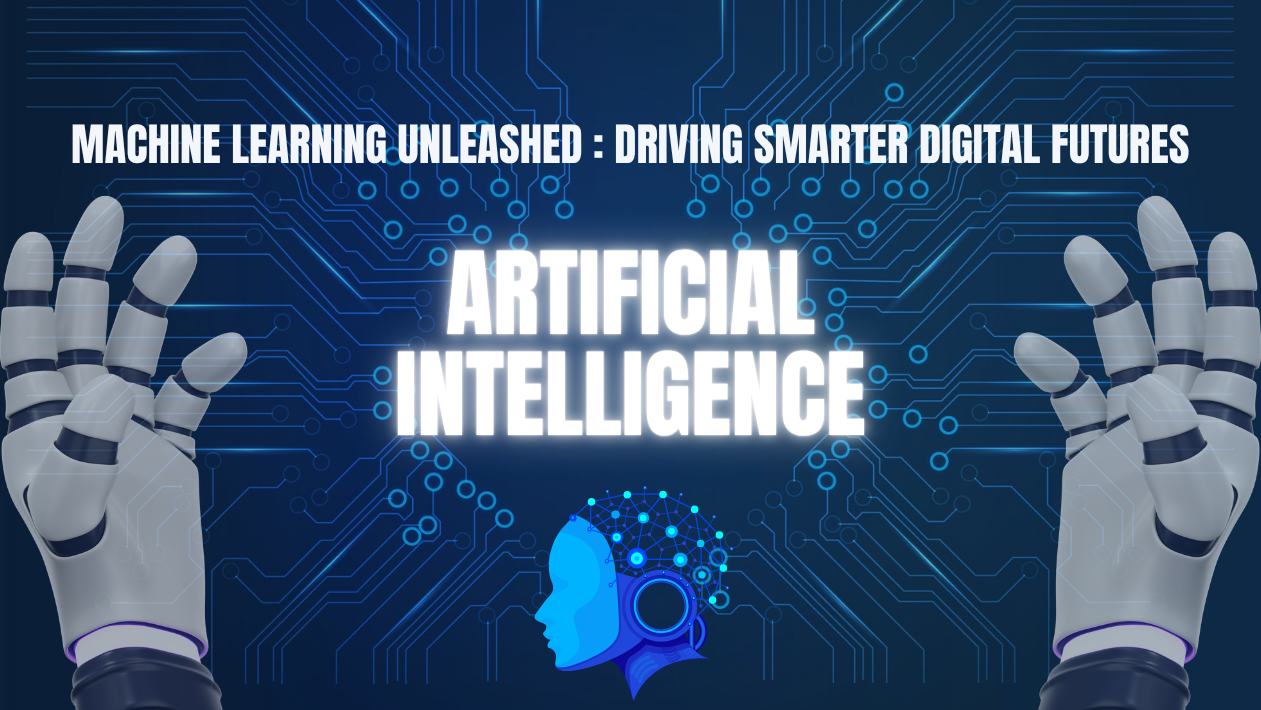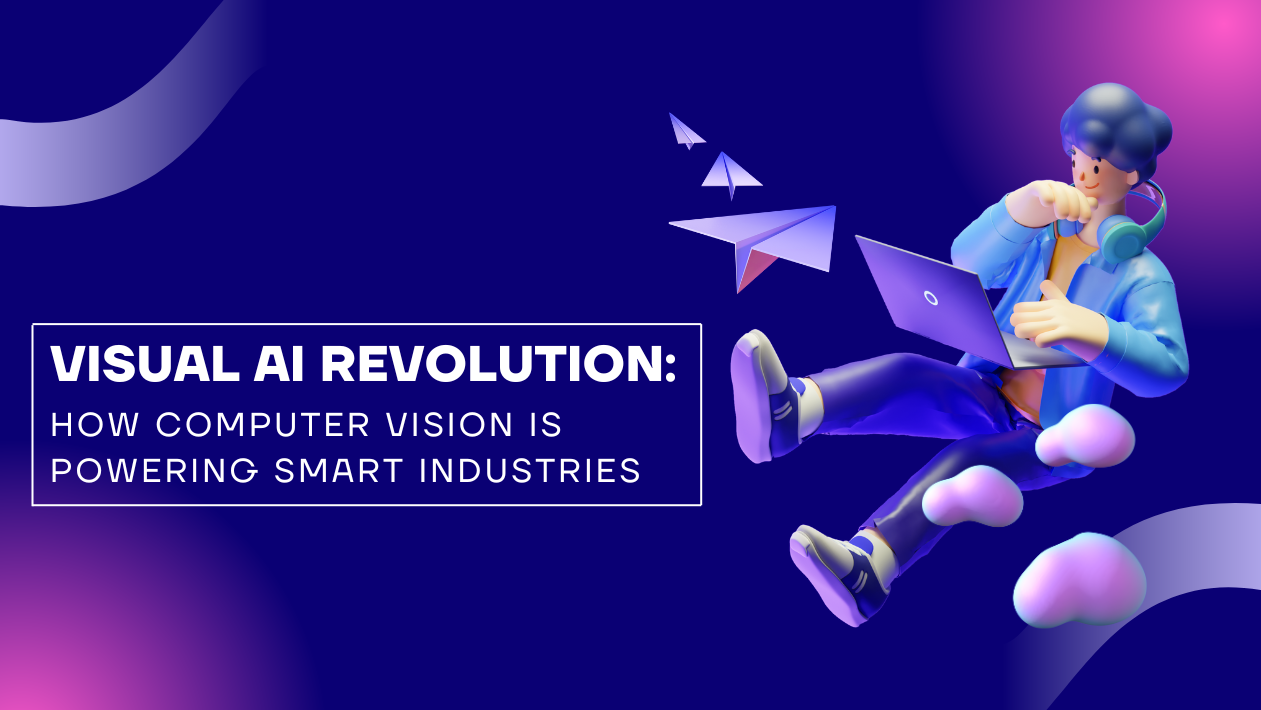Artificial Intelligence (AI) is revolutionizing the healthcare industry by enhancing diagnostic accuracy and efficiency. AI algorithms, particularly those utilizing deep learning, are being employed to analyze medical images, such as X-rays, MRIs, and CT scans, to detect anomalies that may be indicative of conditions like cancer, neurological disorders, and cardiovascular diseases.
Enhanced Diagnostic Accuracy
AI systems can process vast amounts of medical data, identifying patterns and correlations that may be overlooked by human clinicians. This capability leads to earlier detection of diseases, improving patient outcomes and reducing treatment costs.
Integration with Electronic Health Records (EHR)
Integrating AI with EHR systems allows for real-time analysis of patient data, facilitating personalized treatment plans and enabling predictive analytics to foresee potential health issues.
AI in Pathology
AI tools are being utilized in pathology to analyze tissue samples, identifying cancerous cells with high precision. This aids pathologists in making more accurate diagnoses and determining the most effective treatment strategies.
Real-World Applications
Companies like Qure.AI are leveraging AI to develop diagnostic tools that assist in the early detection of diseases such as tuberculosis and lung cancer, reaching millions of patients globally .
Future Prospects The continuous advancement of AI technologies promises even greater integration into diagnostic processes, potentially leading to fully automated diagnostic systems that can operate 24/7, providing consistent and accurate results.





